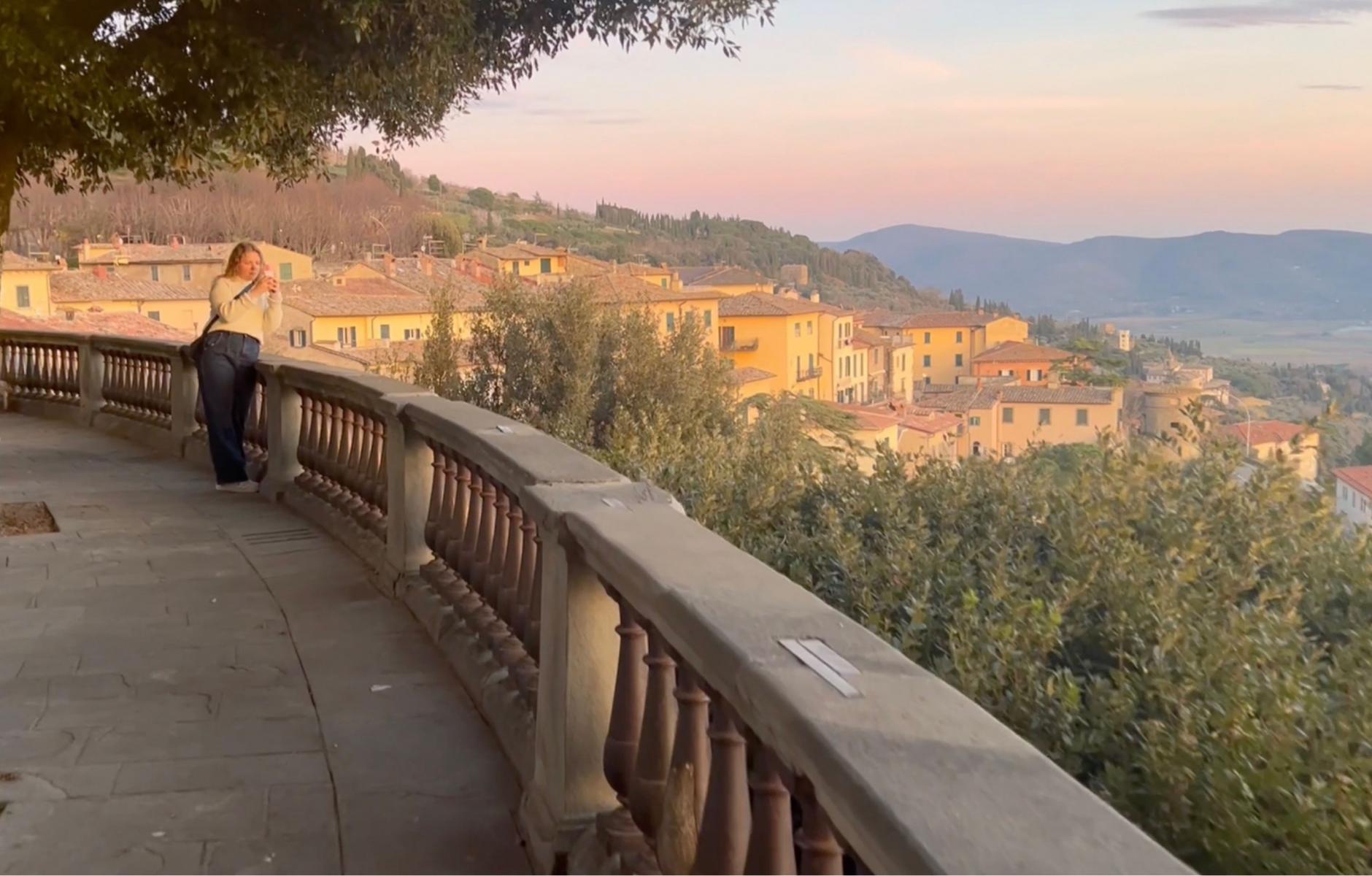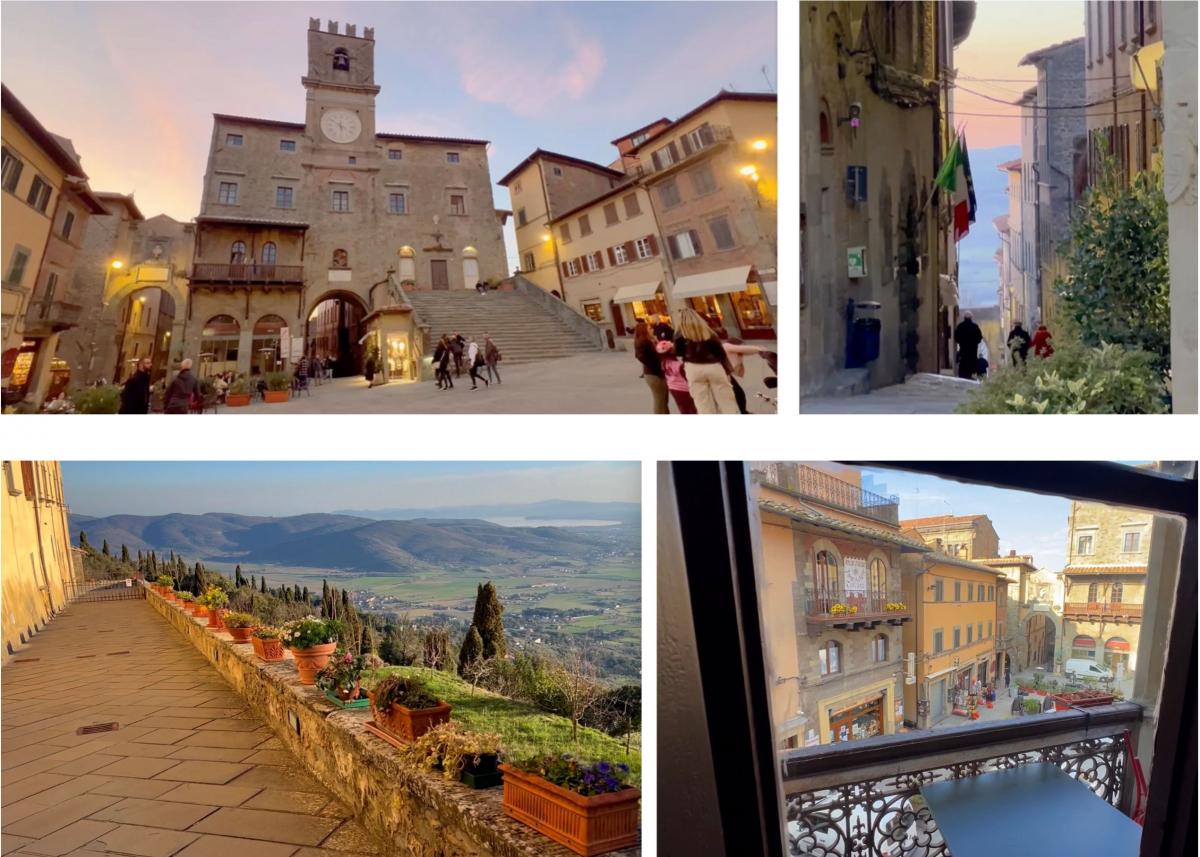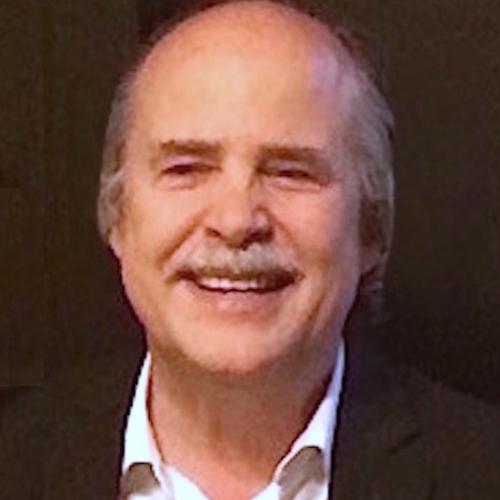
Thinking globally, building locally
Cortona, Italy, may seem idyllic, but it faces many of the same challenges as other towns and rural regions in other countries: the need to provide viable economic opportunities, especially for young people; the need to build a healthy and resilient urbanism in the face of growing climate threats; and the need to promote urban walkability, healthy living, food security, and quality of life for all.
Italy, like other countries, is developing promising innovations to meet these challenges. Its rural economic development is refocusing on sustainable local agriculture and uniquely local products for export (emphasizing the “terroir” or unique qualities of each place and its products). The country’s celebrated “slow food” movement now has a global urban counterpart in “slow cities” (or CittaSlow), a movement to savor the low-resource, low-carbon delights of walkable cities with abundant urban squares and public spaces. In many small cities, public markets are thriving, supplied by agricultural co-ops and innovative new forms of business. New digital technologies are supporting the viability of remote businesses and their workers in smaller towns, and also providing new modes of healthcare delivery, as well as other critical resources for local residents. Formerly declining and even crumbling towns are being revived by young entrepreneurs and placemakers, eager to revive and rebuild (often lured by tempting real estate bargains). These developments are bringing a new generation of innovations and methods, offering much for others to learn.
Cortona’s leaders are eager to learn from other cities and regions. In late October, the city will host the 61st International Making Cities Livable (IMCL), with partners including the Congress for the New Urbanism, The King’s Foundation, UN-Habitat, Seaside Institute, PlacemakingX, Placemaking Europe, and other international urban partners and allies. The conference will gather urbanists, city leaders, researchers, and innovators, sharing the latest tools and strategies for a more sustainable urbanism.
“The Ecology of Place: Learning from Nature, Culture, and History,” will examine Cortona and other cities of Italy and Europe, including regional history, urban patterns, natural ecology, cultural traditions, and innovations. Other partners may include the World Farmers’ Market Coalition, the Council for European Urbanism, and the International Network for Traditional Building, Architecture and Urbanism (INTBAU), as well as universities and their leading urban researchers.

Mallory Baches, President of the CNU, noted the importance of partner collaborations. “Along with UN-Habitat, INTBAU, the King’s Foundation, the Seaside Institute, and many other fantastic organizations doing important work to improve our built environment, CNU partners with IMCL on this regular symposium.” She notes the importance of “turning research into coordinated communication and strategic action.”
Representatives of The King’s Foundation, King Charles’ charity dedicated to sustainable urbanism, will explore work across the Commonwealth to plan for rapid urbanization and the transition to a new generation of more livable cities and towns. They will be joined by representatives of Oxford University and its Sustainable Urbanism program, developed by Foundation members. Representatives of UN-Habitat will share work on the New Urban Agenda, and work to “localize” the Sustainable Development Goals in cities and towns across the globe. Other partners and participants will explore more frontier work on urban challenges in Italy and beyond, and inspiring innovations to meet them.
The IMCL was founded in 1985 by a Viennese medical sociologist and a British architectural and urban scholar, Henry and Suzanne Lennard, who were passionate about sharing the best evidence-based lessons of great cities and towns to improve livability, well-being and health for people and planet. In the years since its founding, the IMCL has become a unique peer-to-peer gathering of city leaders and researchers, typically hosted in beautiful, intimate and instructive case-study locales. Cortona marks the return of the IMCL to Italy, after previous conferences in Venice and Rome.
Interested researchers and practitioners can submit an abstract for a presentation on a wide range of topics, including climate resilience, ecological cities and towns, great public space design and placemaking, transportation reform and walkability, and the lessons of great urban spaces that are on offer in this remarkable part of the world.




